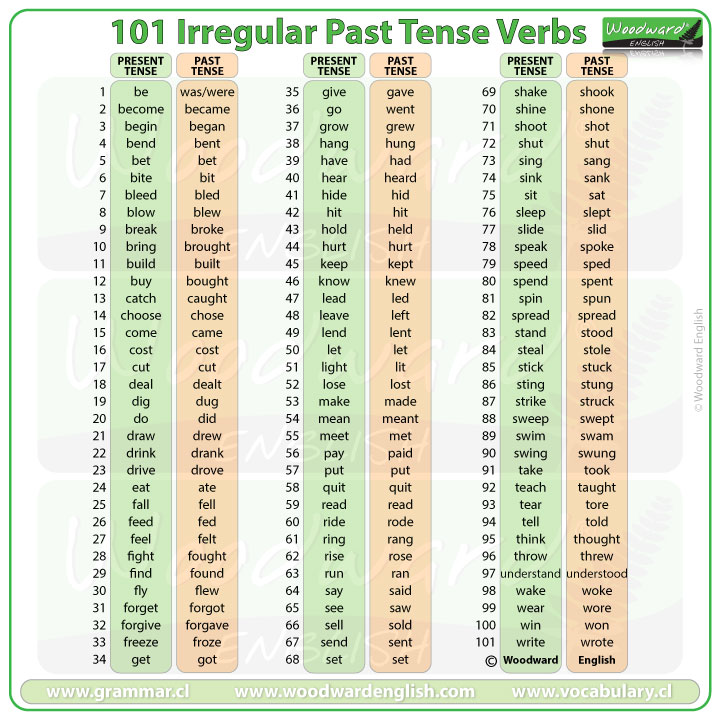
Rather, subjunctive clauses recruit the bare form of the verb which is also used in a variety of other constructions. "It's crucial that you be here" and "It's crucial that he arrive early." In English, the subjunctive is syntactic rather than inflectional, since there is no specifically subjunctive verb form. The subjunctive mood in English is a clause type used in some contexts which describe non-actual possibilities, e.g. Translate shut in context, with examples of use and definition. Examples of the subjunctive in English are found in the sentences "I suggest that you be careful" and "It is important that she stay by your side." Conjugate the English verb shut: indicative, past tense, participle, present perfect, gerund, conjugation models and irregular verbs. Subjunctives occur most often, although not exclusively, in subordinate clauses, particularly that-clauses.

It is often contrasted with the indicative, a realis mood which is used principally to indicate that something is a statement of fact. The subjunctive is one of the irrealis moods, which refer to what is not necessarily real. Subjunctive forms of verbs are typically used to express various states of unreality such as: wish, emotion, possibility, judgement, opinion, obligation, or action that has not yet occurred the precise situations in which they are used vary from language to language. Past continuous tense of shut POSITIVE STATEMENT: I was shutting We were shutting You were shutting They were shutting NEGATIVE STATEMENT: I was not. The subjunctive is a grammatical mood, a feature of the utterance that indicates the speaker's attitude toward it. Also the aforementioned modal verbs could, might and should may replace would in order to express appropriate modality in addition to conditionality.) (Occasionally should is used in place of would with a first person subject – see shall and will. What is called the English conditional mood (or just the conditional) is formed periphrastically using the modal verb would in combination with the bare infinitive of the following verb.

The wind was too cold, so I shut the window. When someone puts their lips together so that no air or food can go in or out of their mouth, the person is shutting their mouth. The conditional mood (abbreviated cond) is a grammatical mood used in conditional sentences to express a proposition whose validity is dependent on some condition, possibly counterfactual.Įnglish does not have an inflective (morphological) conditional mood, except in as much as the modal verbs could, might, should and would may in some contexts be regarded as conditional forms of can, may, shall and will respectively. When someone moves a door so that people can't go through it, the person is shutting the door. An effect can in turn be a cause of, or causal factor for, many other effects, which all lie in its future. In general, a process has many causes, which are also said to be causal factors for it, and all lie in its past. You can test yourself with these fun irregular verbs quizzes.Causality (also referred to as causation or cause and effect) is influence by which one event, process, state or object (a cause) contributes to the production of another event, process, state or object (an effect) where the cause is partly responsible for the effect, and the effect is partly dependent on the cause. Of course, there are many others, but these are the more common irregular verbs. The past participle of grind is ground or grinded (nonstandard).

The present participle of grind is grinding. The third-person singular simple present indicative form of grind is grinds. This is a list of some irregular verbs in English. The past tense of grind is ground or grinded (nonstandard). The present participle of shut is shutting.

Learn English : Vocabulary : Word Classes : Verbs : Irregular Irregular Verbs List Shut V3, V2, Shut Past Tense and Past Participle The base form (V1) of a verb is just the word: (eat, happen, exist). The third-person singular simple present indicative form of shut is shuts.


 0 kommentar(er)
0 kommentar(er)
